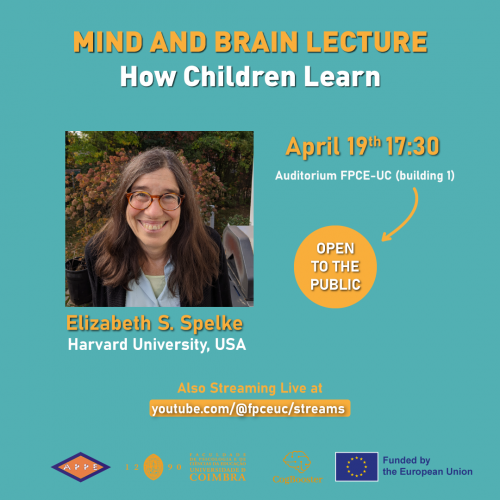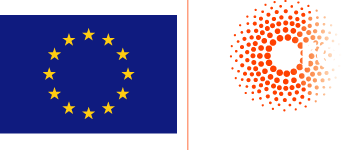
How Children Learn
Elizabeth S. Spelke, Harvard University
Invited Talk, Portuguese Experimental Psychology Association (APPE)
April 19, 17h30 | FPCEUC
Streaming live at https://www.youtube.com/watch?v=sBBPHxdD8OE
Abstract
Children may be the most prodigious learners on earth: With little to no instruction, they master the commonsense concepts and skills that their culture requires, and then go on, in school, to master highly demanding symbolic skills and systems of knowledge beyond both intuition and perception. How do they do this? Research on human infants, children, adults, and non-human animals, using diverse methods from the cognitive, brain, and computational sciences, provides evidence for seven early emerging, domain-specific cognitive systems: six systems of core knowledge that are shared with other animals and serve to represent places, objects, animate beings, social beings, number and geometry, and a seventh system that likely is unique to humans and underlies early learning of one or more natural languages. These automatic, unconscious, and fixed systems provide inputs to the malleable systems underlying our conscious perceptions and thoughts. All seven systems are functional at birth, and throughout life, they support the growth of our endlessly inventive human minds.












